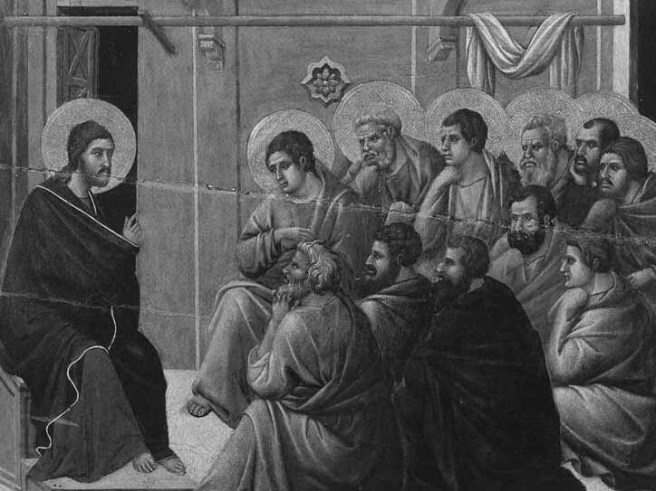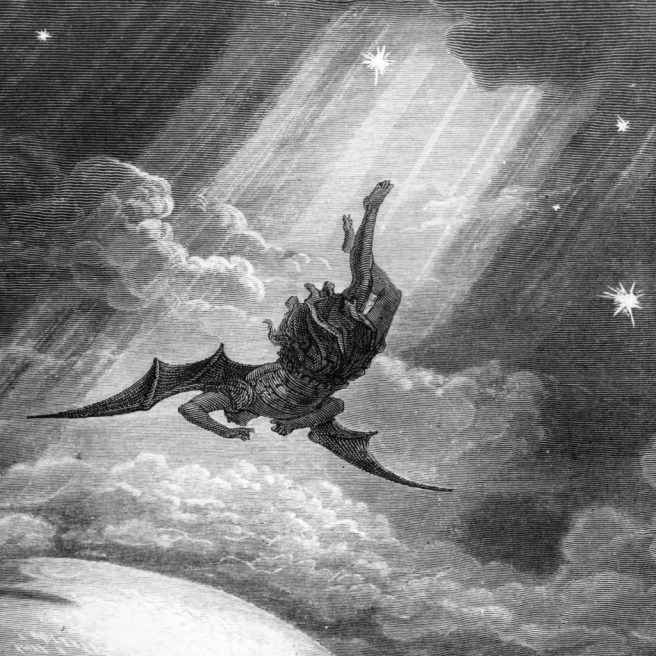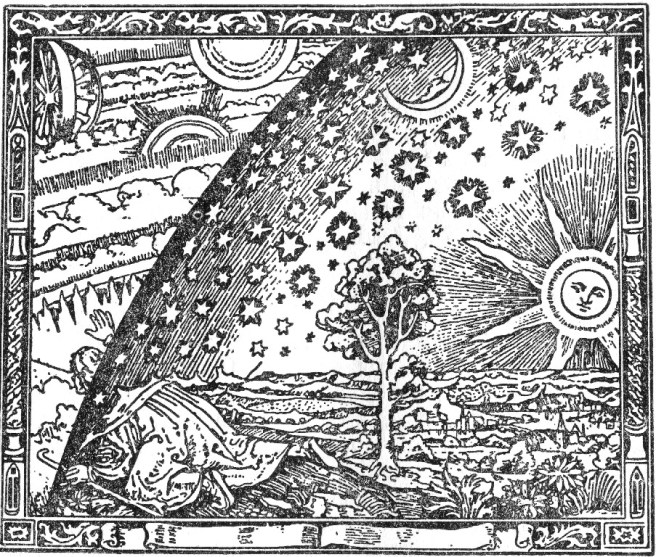
A friend of mine recently couldn’t find his youngest boy. He and his wife looked all over their house and once they realized he really wasn’t there, they called the police. This father assumed (and hoped) his son went to a friend’s house without telling them and he planned on yelling at his son and even spanking him on the spot for wandering off when he found him. After an hour of scouring the neighborhood, an hour that felt like an eternity, he finally found him at a neighbor’s house. But in that moment, he couldn’t yell, he couldn’t spank his son like he planned on doing, all he could do was hold him in his arms because he was safe.
He said that he got just a small glimpse of what God feels when one of his lost children is found. That he was shocked that he didn’t react the way he had planned and that his heart was so full of gratitude that the only thing that came out of him was love for his lost son.
Jesus came to this earth to get back what was most precious to God; his lost children.
“his lost children”
But who are his lost children? Who are the ones that are SO precious to God that he would send his only begotten Son to die a horrific death in OUR place just to reconcile us, to save us? Who are the ones that have God’s love, his affection, his heart?
The answer… We ALL are!
Every.
Last.
One of us.
It doesn’t matter what you have done. God loves you. It doesn’t matter what mistakes you have made. God wants you. Not everyone will accept this gift and many will choose to live eternally apart from God and stay lost but regardless, God loves all of us!
So when some in the body of Christ elevate certain sins over others, namely homosexuality, and don’t reach out to those individuals in love because of that sin, they are not only making a mistake but committing sins (plural) themselves.
The sin of hypocrisy. The sin of arrogance. The sin of selfishness…
So if you have gay friends and think you are a Christian, you are truly living like Christ. If you are trying to be a light to those who are lost, you are living the way Christ called all of us to live. We are called to be in the world and not of it. I think the Church focuses on the second half of that verse a little too much sometimes, “not of it.”
Sometimes while trying not to be of the world we forget to be in it.
Don’t get me wrong, we cannot condone sin in any form. Being gay is clearly a sin and should not be celebrated (Leviticus 18:22, Leviticus 20:13, 1 Corinthians 6:9-10, Romans 1:26-28). But those who struggle in that area should be loved, should be befriended and shown that they are important to God. Let them see God in you, not God’s judgment through you, after all, there is not one of us who does not struggle in some area. As I see it, Jesus treated the lost this way, never condoning sin but always loving the sinner. He was the most critical of the religious of His time; the Pharisees, the Sadducees, the religious leaders… Jesus called them “white-washed tombs” (Matthew 23:27) meaning they were hypocrites, self-centered and missing the point of true love. They focused on the law too much and did not love people.
The law is important but it never supersedes God’s love. Love fulfills the law. Like many things in life, you cannot have one or the other, there needs to be a balance of the two. But it seems to me more and more “Christians” in our day are known by the law, not by the love. Again, not to say one replaces the other, just that Jesus was known by His love and I really believe we should too.
So while some celebrate the LGBTQ community and others treat them like they are committing the unforgivable sin, we should open our arms, our hearts, and our homes to EVERYONE in love to show them that they are cherished by us and subsequently, by God. Just maybe that will make the difference in their lives and help open their eyes.
By Clark Campbell
Theologetics.org











